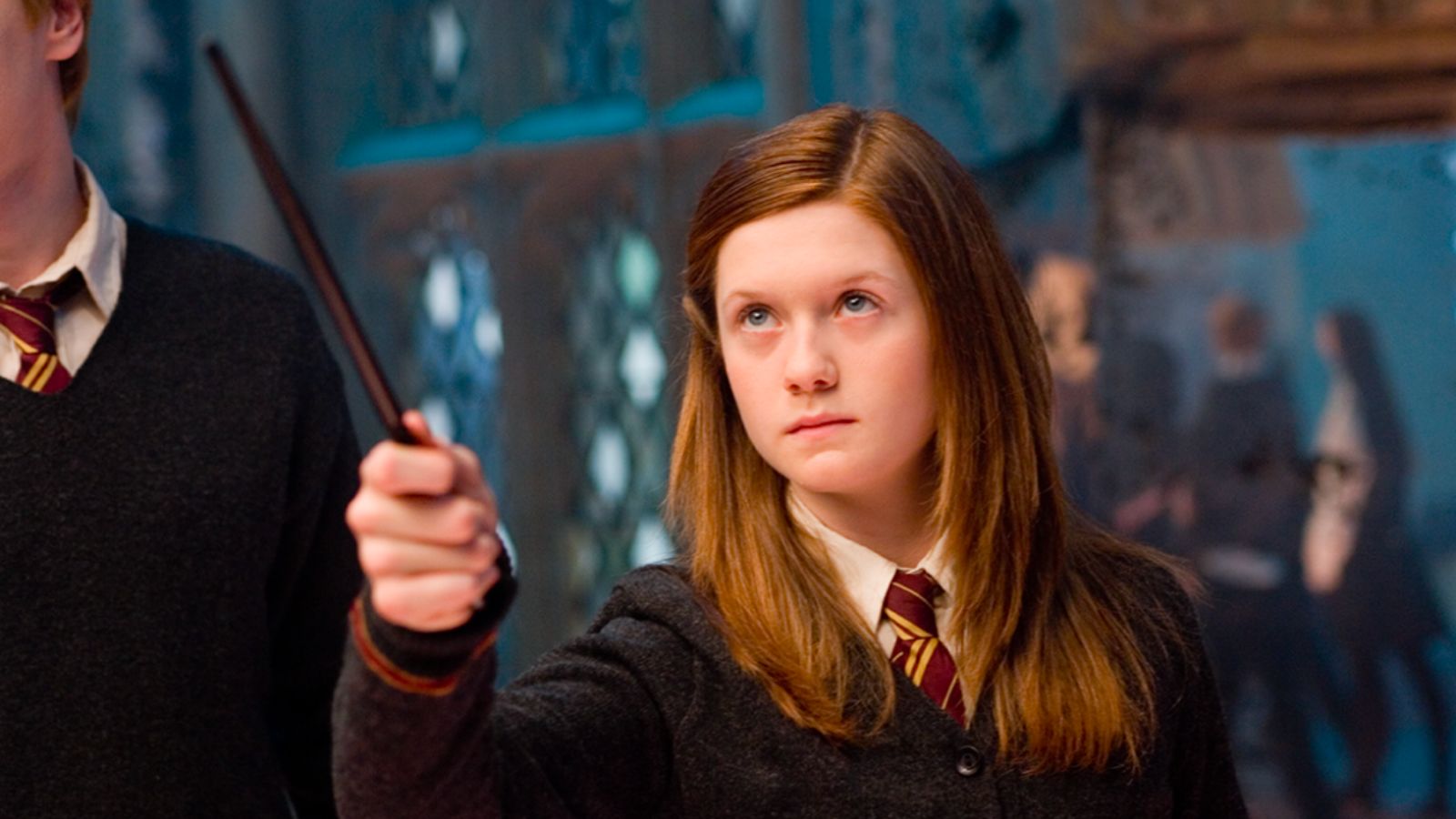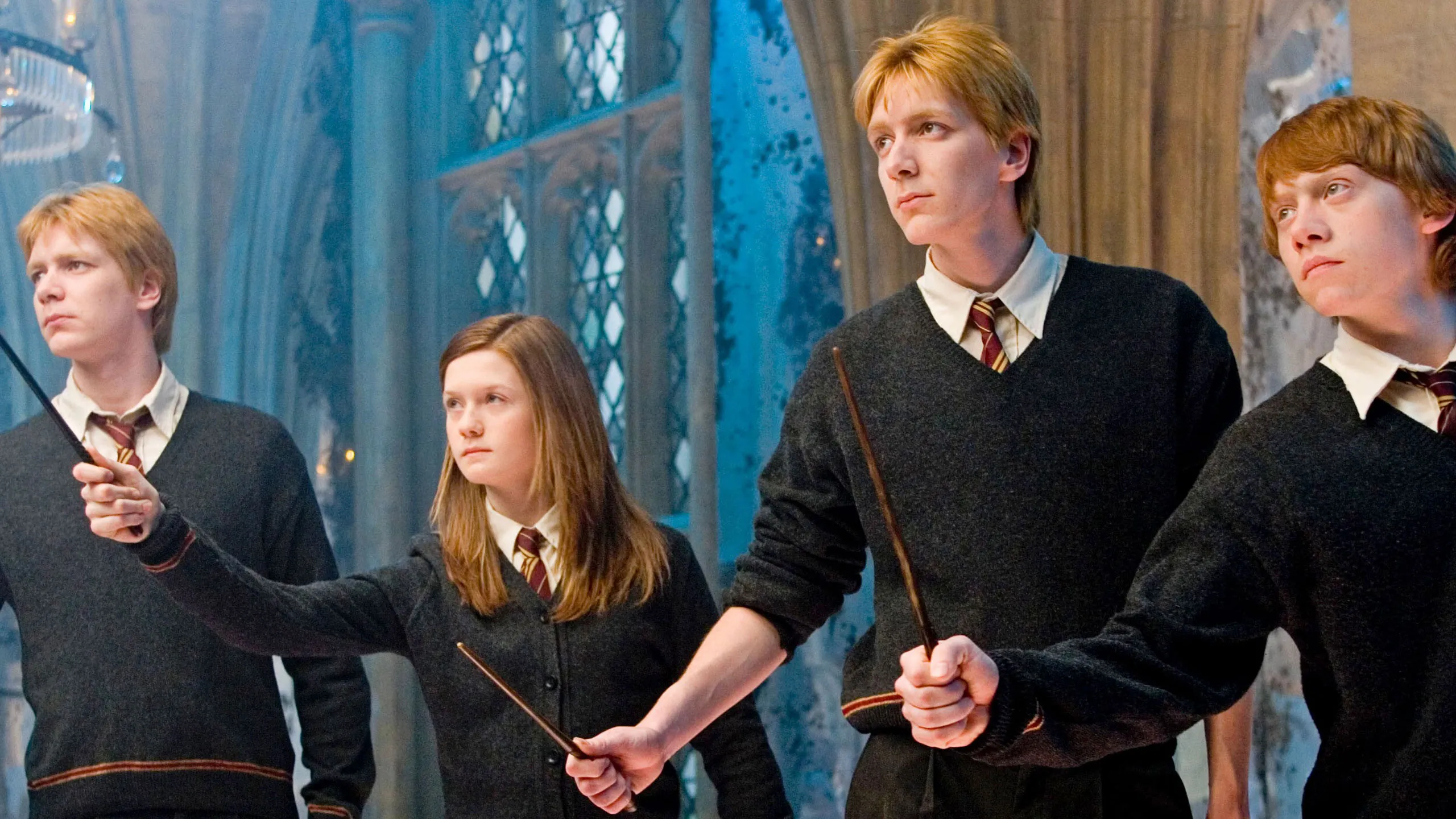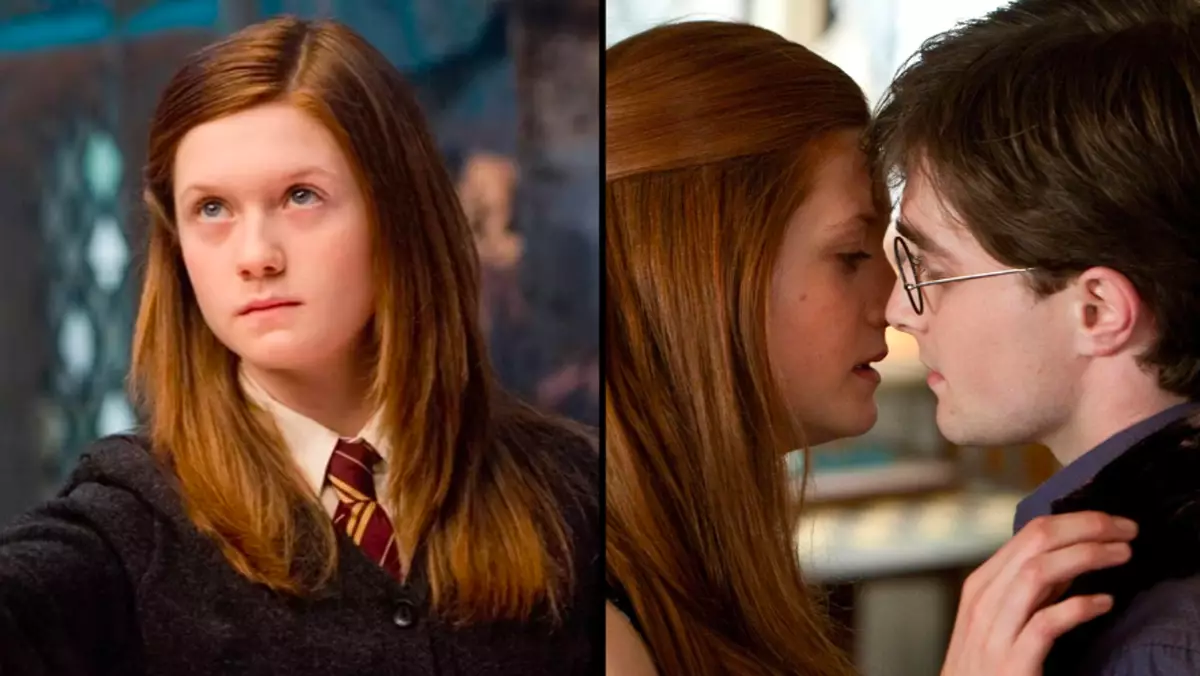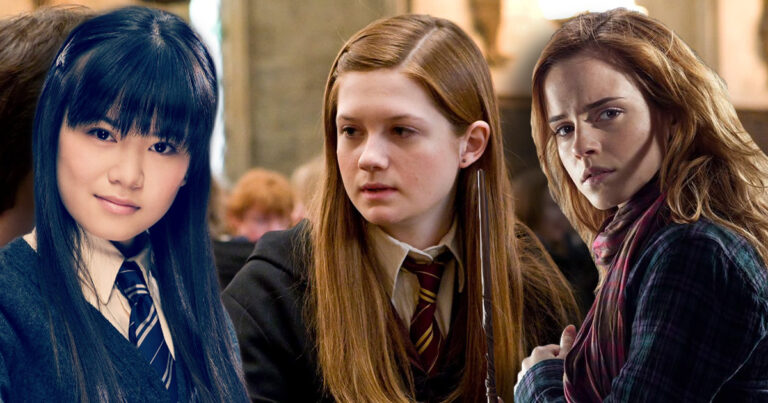In an era dominated by tweets, likes, and instant feedback, Bonnie Wright, the actress renowned for her role as Ginny Weasley in the “Harry Potter” series, counts herself fortunate to have escaped the clutches of social media during her early acting days. In recent interviews with Britain’s Daily Telegraph and on Michael Rosenbaum’s podcast “Inside of You,” Wright shared candid insights on how the absence of social media platforms like Twitter during the 2000s was a blessing in disguise for her and her young co-stars.

The Shield of Innocence in a Pre-Social Media World
“I feel very lucky and pleased that when we were filming Harry Potter, social media didn’t really exist. That was an incredibly lucky thing. I wasn’t a nine-year-old with a Twitter account. I’m thankful,”
Wright stated in her discussion with the Daily Telegraph. This sentiment echoes a common concern among celebrities today, where young actors face immense scrutiny online that can affect their personal growth and mental health. Wright reflects on the daunting prospect of growing up in the public eye, where every change and every mistake are magnified and critiqued by the masses.
The Struggles of Growing Up on Screen
“It’s not fun to be a teenager and you get to read negative comments about your appearance or your character online,”
Wright shared. The constant exposure to public scrutiny can distort self-image and exacerbate the anxieties typical of adolescence. Wright’s experience highlights a broader issue faced by child actors who must navigate their formative years under the harsh spotlight of media attention.

Artistic Constraints and Character Development
During her time on “Harry Potter,” Wright also faced frustrations related to her professional role. On Rosenbaum’s podcast, she expressed disappointment over the limited development of Ginny Weasley in the films compared to the books.
“That was always hard to do, especially when, inevitably, a lot of the scenes of every character were chopped down from the book to the film. So you didn’t really have as much to show in the film,”
she explained. This lack of screen time meant that her character did not receive the depth and nuance that might have been possible, leading to a portrayal that could be misinterpreted by the audience.
The Double-Edged Sword of Fan Feedback
Had social media been a factor during the peak of “Harry Potter’s” success, Wright believes the experience could have been significantly more distressing. The instantaneous and often harsh feedback from fans could have added a layer of stress and negativity to an already demanding job. In a hypothetical world where every film release was accompanied by real-time critiques from fans on social media, the pressure on young actors like Wright could have been overwhelming.

Looking Forward with a Sense of Nostalgia
Despite the challenges, Wright holds a nostalgic view of her time on “Harry Potter” and keeps an open mind about returning to the franchise. she mentions about the possibility of revisiting her role. This open-ended stance suggests a fondness for her character and a recognition of the significant impact Ginny Weasley and the wizarding world have had on her life.
Bonnie Wright’s reflections offer a poignant look at the complexities of childhood fame, the blessings of timing, and the enduring impact of a cultural phenomenon like “Harry Potter.” Her experiences serve as a reminder of the personal costs associated with growing up in the public eye and the protective barrier that the absence of social media provided to her and her peers during those critical years.
